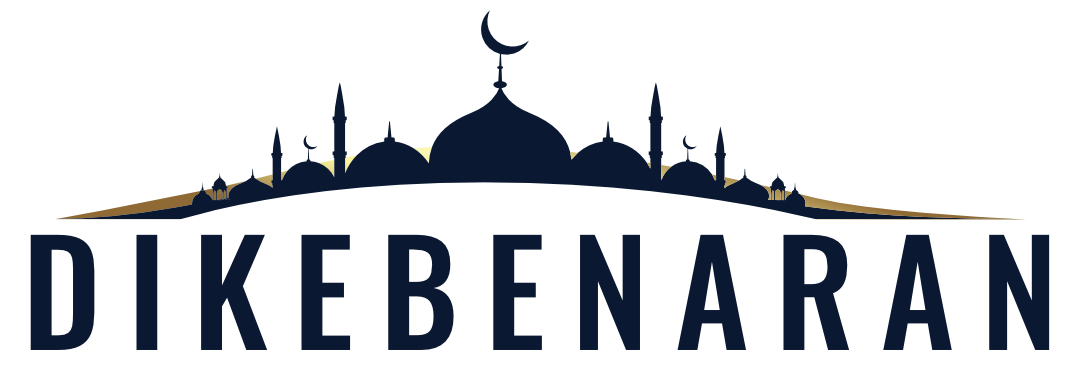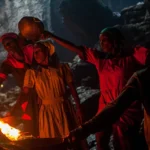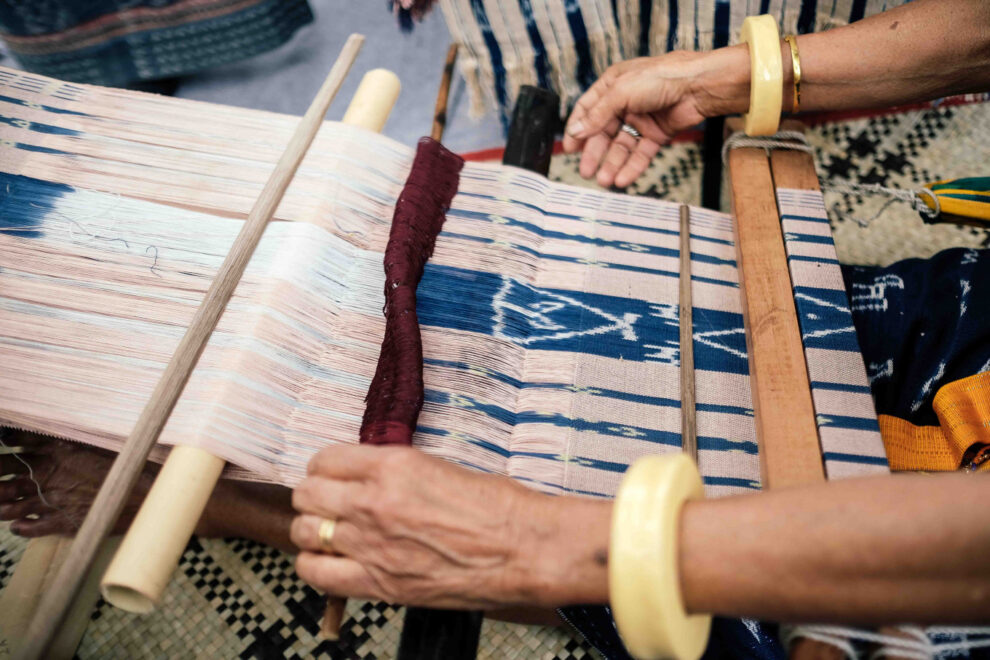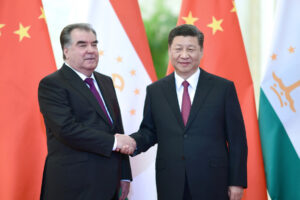The Indonesian Export Financing Institute (LPEI) together with PT Sarana Multi Infrastruktur (SMI) and the Regional Government (Pemda) of East Nusa Tenggara (NTT) who joined in the #KemenkeuSatu collaboration provided assistance and training to the Weaving Foreign Exchange Village cluster, which consists of 495 weavers who the majority are women in 22 villages.
In this program, LPEI/Indonesia Eximbank together with related stakeholders act as an export incubator and accelerator for the NTT weaving cluster. Anggi Kurniawan, Executive of the Consultation Services Division of the Indonesian Export Financing Institute (LPEI) said that this collaboration creates a synergy between cultural preservation and efforts to advance the NTT economy.
“LPEI helps NTT weavers to expand market access for exports of woven products and promote Indonesian culture abroad. LPEI provides product development training, strengthens business management, assists in increasing production capacity, and expands market access,” said Anggi.
For a long time, ikat cloth from East Nusa Tenggara (NTT) has been an artistic icon. One of the makers is Mama Sariat Tole, a resident of Hula Village located in the interior of Alor Island, who has dedicated almost her entire life to advancing the art of ikat weaving typical of Alor Island.
With skill, Mama Sariat’s hands continue to preserve the heritage of ikat weaving art. Using cotton thread and natural dyes, Mama Sariat’s fingers dance to create beautiful motifs which then become a piece of woven cloth.
Mama Sariat said that she learned weaving knowledge from her mother when she was five years old. From then on, Mama Sariat developed her abilities and produced an innovation in the form of using high-quality cotton thread that came from cotton trees that she planted herself in her backyard garden, before spinning it into thread using traditional equipment.
“The cotton yarn that I grow myself produces strong and thick spun yarn, which is much preferred by foreign consumers, especially in Japan who are looking for fabric with natural colors and good durability,” said Mama Sariat, who is also Chair of the Gunung Mako Weaving Group. .
Mama Sariat said that the perfect quality and color of thread will make it easier for weavers to produce quality cloth according to the desired motif.
Another thing that makes Alor Island’s typical ikat woven fabric special is the use of natural dyes, without any chemicals.
Mama Sariat will painstakingly process materials obtained from the natural environment, such as squid ink, seaweed, cashew gum, moringa leaves, tilapia, areca nut, turmeric, and noni roots to give a distinctive, long-lasting and high-quality color to the fabric. .
According to Mama Sariat, the thread dyeing process itself requires extra patience because it takes weeks. In 2013, Mama Sariat’s perseverance bore fruit when she became the producer of the most natural colors for woven fabrics from the Indonesian Museum of Records (MURI), namely more than 200 dyes.
Mama Sariat’s achievements are also recorded in the world. So far, he has exhibited his work in 13 countries, including Japan and the Netherlands. Indirectly, Mama Sariat has contributed greatly to preserving Alor’s ikat weaving culture.
Mama Sariat’s role doesn’t stop there. Long a weaver, now Mama Sariat also shares her knowledge with the younger generation of weavers, becoming a real example of a dedicated cultural preserver, as well as an artist who displays life in handmade works of art.
Anggi added that Mama Sariat’s enthusiasm for maintaining the quality of woven fabric using natural dyes has made her a valuable treasure for the world of ikat weaving arts in Alor and NTT.
“Therefore, the Indonesian Export Financing Institute empowered him as a mentor to assist weavers on Alor Island and its surroundings in using natural dyes and natural threads, so that the quality produced is better and finer,” said Anggi.
Source: CNN Indonesia















